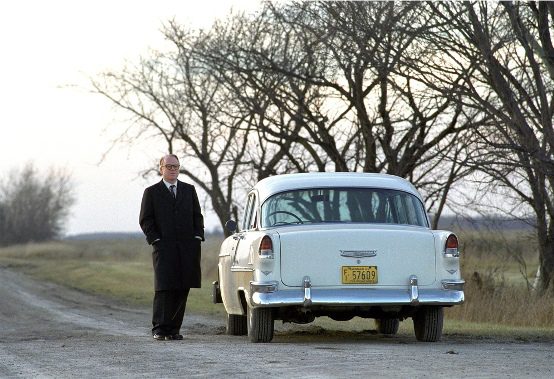In Memoriam: Philip Seymour Hoffman

In a Hollywood community known for vapid personalities, flame-outs, and oversized egos, Hoffman stood head and shoulders above the crowd. His prolific career spanned nearly two-and-a-half decades behind and in front of the camera, and included an impressive body of onstage work. His roles ran the gamut from a smarmy prep school brat in “Scent of a Woman” to cult leader in “The Master.” Every moment he was on screen, he was riveting and achingly honest. His theater performances garnered even higher praise.
Much of the most highly praised acting focuses on the soaring heights and despairing lows of life; Hoffman was a master of portraying what came in between. He played the everyman with such earnestness and dignity that even when cast as a villain, he elicited sympathy. Perhaps equally impressive as his ability to deliver as a leading man was the virtuosic talent he brought to supporting roles. He elevated the quality of every film he was cast in by fitting into his role so perfectly he faded into the background, but popped back onto the fore with a blisteringly memorable scene at an unexpected moment. I’m referring to his role as the CIA task force officer Gust Avrakotos in “Charlie Wilson’s War.” Hoffman’s first scene in the movie, a high-octane confrontation with his boss, is the perfect blend of hilarious and authentic. Art is meant to elevate and inspire, but without a foundation of reality, is an implausible exercise. Hoffman emitted a wide range of emotions and personalities inside the shell of a stubbornly ordinary man. And it worked.
His 2005 performance in “Capote,” a biopic of author Truman Capote genre-defying work In Cold Blood earned him a Best Actor Oscar. For some actors, an Oscar signals the beginning of a career decline, but Hoffman was just getting warmed up. He followed the success of “Capote” with an unlikely but chilling role as the villain in “Mission: Impossible III” and continued with a string of successful films: playing an affable but doomed priest in “Doubt,” and pairing indie films “Synecdoche, New York” and “Jack Goes Boating” (which he also directed), with big budget films “Moneyball” and “The Ides of March.” Hoffman was in the middle of filming the final installments of the Hunger Games trilogy, “Mockingjay” at the time of his death. It is a sobering thought that a once in a generation talent will never again grace the screen or stage. His work is now his legacy.
He leaves behind a partner of fifteen years, costume designer Mimi O’Donnell, and their three children.
Comments